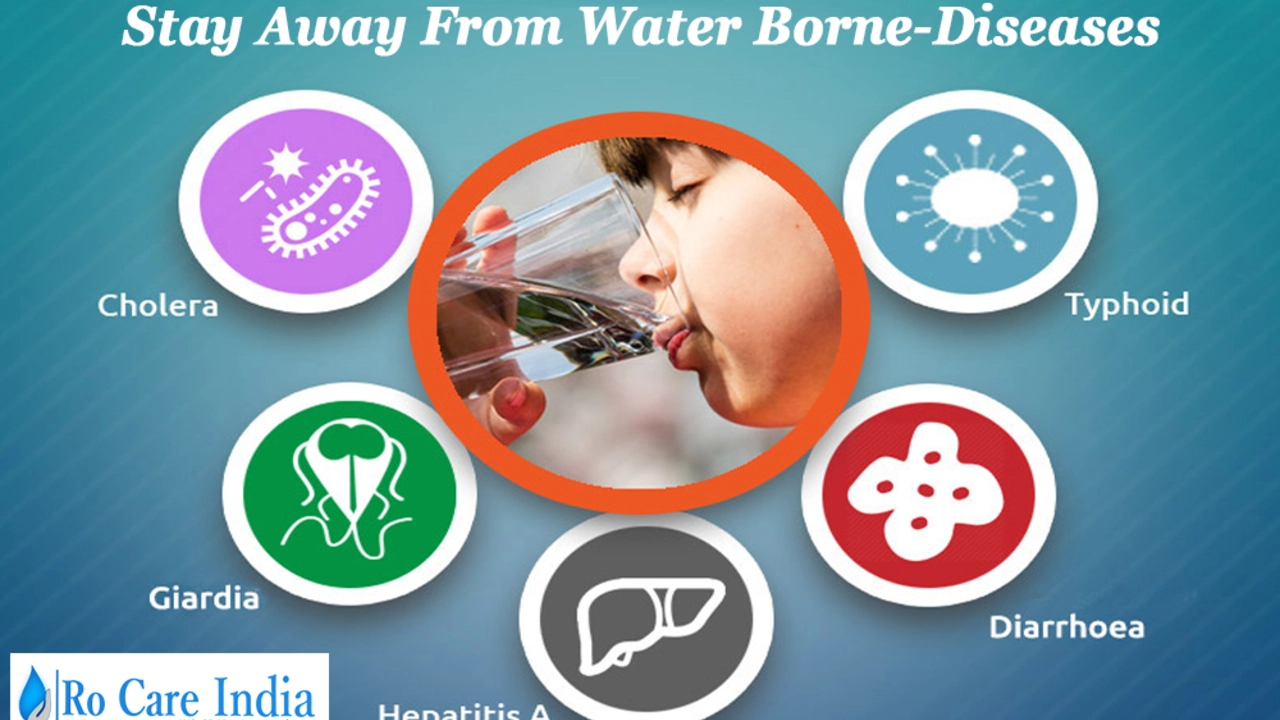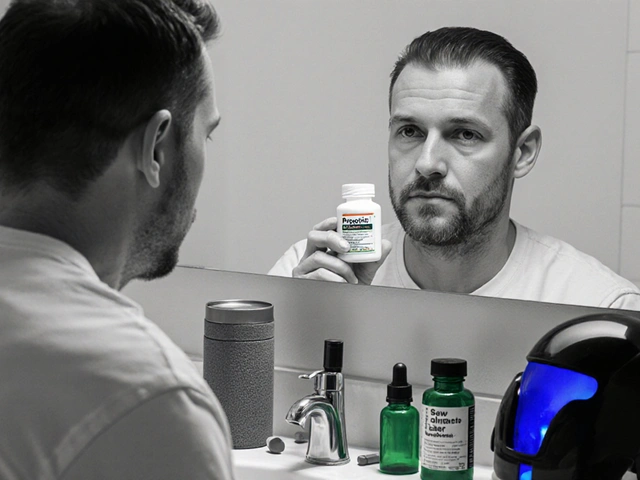Ulcer Prevention: Easy Steps to Keep Your Stomach Healthy
If you’ve ever felt that burning pain after a heavy meal, you know how annoying an ulcer can be. The good news is you don’t need a prescription to lower the risk. Small everyday choices can make a big difference.
What Triggers Ulcers?
Most ulcers start when the stomach lining gets irritated. Common culprits are excess stomach acid, bacterial infection (Helicobacter pylori), and regular use of painkillers like ibuprofen. Stress and smoking don’t directly cause ulcers, but they weaken the lining and let acid do its damage.
Everyday Habits That Lower Your Risk
1. Eat smaller, balanced meals. Large meals force the stomach to produce more acid. Aim for five to six modest portions spread throughout the day. Include fiber‑rich veggies, lean proteins, and whole grains.
2. Choose ulcer‑friendly foods. Yogurt, oatmeal, bananas, and melons calm the stomach. Avoid spicy sauces, fried foods, and citrus that can raise acid levels.
3. Limit caffeine and alcohol. Both stimulate acid production. If you drink coffee, keep it to one cup and swap strong brews for herbal tea.
4. Stay hydrated. Water dilutes stomach acid and helps digestion. Aim for eight glasses a day, sipping between meals rather than during meals.
5. Stop smoking. Nicotine reduces protective mucus and increases acid. Quitting not only helps ulcer prevention but also improves overall heart and lung health.
6. Use painkillers wisely. Over‑the‑counter NSAIDs can erode the stomach lining. If you need them, take the lowest effective dose with food, or ask your doctor about alternatives.
7. Manage H. pylori infection. If you have persistent stomach pain, get tested. A short course of antibiotics can clear the bacteria and lower ulcer risk.
8. Reduce stress with simple breaks. Chronic stress can boost acid output. Try short walks, deep breathing, or a quick stretch each hour.
These habits are easy to start and don’t require a doctor’s visit. Consistency is key; your stomach lining repairs itself when you give it the right conditions.
When you notice early signs like gnawing pain on an empty stomach, try a cup of warm water with a pinch of baking soda. It can neutralize acid temporarily and give you relief while you adjust your routine.
Remember, prevention works best when you combine several steps. Swap that late‑night pizza for a bowl of oatmeal, take a short walk after dinner, and keep your nicotine habit in check. Your gut will thank you with fewer aches and a calmer digestion.
Keep this guide handy and revisit it whenever you feel tempted to skip a healthy habit. Small choices add up, and protecting your stomach today means fewer doctor visits tomorrow.

The role of hydration in ulcer prevention and management
- By : Archer Hamilton
- Date : Sep 4 2023
Hey folks, this article is a deep dive into the crucial role hydration plays in the prevention and management of ulcers. We're going to explore how staying hydrated can help maintain the health of your digestive tract and potentially ward off these painful sores. It's a crucial and often overlooked component of ulcer management. So, grab a glass of water and join me as we unearth the benefits of hydration, together.





